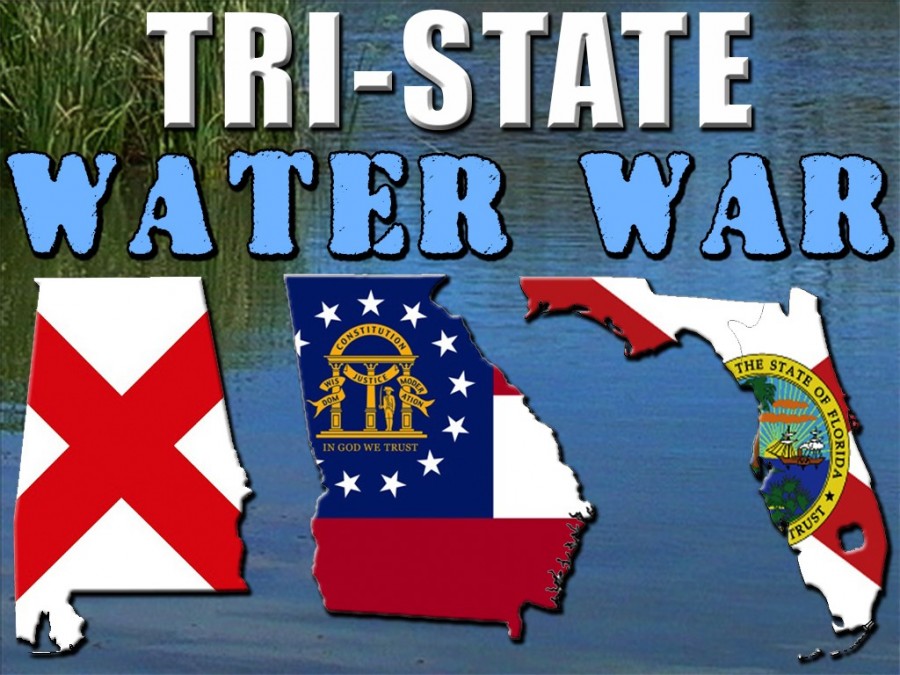And again, environmental groups are concerned it is really meant to help alleviate a long-running water dispute with Florida in a way that could allow Atlanta to consume more water.
The dispute focuses on the Flint River basin, formed by a river that begins south of Atlanta and flows through southwest Georgia. During droughts, the streams and waterways in that river basin run very low, endangering wildlife. State officials have resorted to pumping water from underground aquifers into those waterways to increase water flows.
Judson Turner, director of Georgia's Environmental Protection Division, said the reworked legislation would strengthen his authority to stop people downstream from using water intended to protect wildlife. Under current state law, people in Georgia can generally use as much water as they want so long as their use does not harm others.
Turner said that if a lack of water harmed wildlife during a drought, federal officials might force the state to drastically cut water usage.
"We've got to do some things to manage ourselves in this basin, and we need some help," Turner told lawmakers Thursday.
Opponents like the Flint Riverkeeper fault the bill for creating winners and losers. Gordon Rogers, the organization's executive director, said it could force restrictions on people who withdraw water from the surface, mainly farmers, but leave other users untouched. Farmers upstream from a state pump could be left better off than farmers downstream.
He also said backers of the bill are more interested in building billion-dollar infrastructure related to Georgia's long-running water disputes with Alabama and Florida, not wildlife.
"The winners in this case are folks that are embedded in the bureaucracy who are in league with insiders for investment projects," Rogers told state lawmakers this week.
Two years ago, a lobbying firm run by the former director of the Department of Natural Resources and a government council in southwest Georgia applied for state funding to test whether water could be pumped into underground storage aquifers during rainy seasons, then be pumped back out into waterways during dry spells.
That technology could be used to protect wildlife from droughts. But it would also add water to the Flint River, which along with the Chattahoochee River flows into Florida and then out to the Gulf of Mexico.
Florida Gov. Rick Scott filed a lawsuit in October that accuses Georgia of taking too much water, harming Florida's Gulf-based oyster industry. He wants the U.S. Supreme Court to decide how much water each state should get.
If the proposed technology was implemented as was envisioned by the lobbyists and local government council, Georgia could pump more water into the Flint outside of metro Atlanta. That might guarantee more water for Florida - and thus enable metro Atlanta to withdraw more water from the Chattahoochee River system.
Gov. Nathan Deal's administration is funding a project to test underground storage and pumping technology, but does not yet know whether the concept is feasible. The legislation and the storage and pumping plan are not connected, Turner says. And the lobbyists and government council that pitched a similar plan last year are no longer involved in the project.

http://accesswdun.com/article/2014/2/270932
